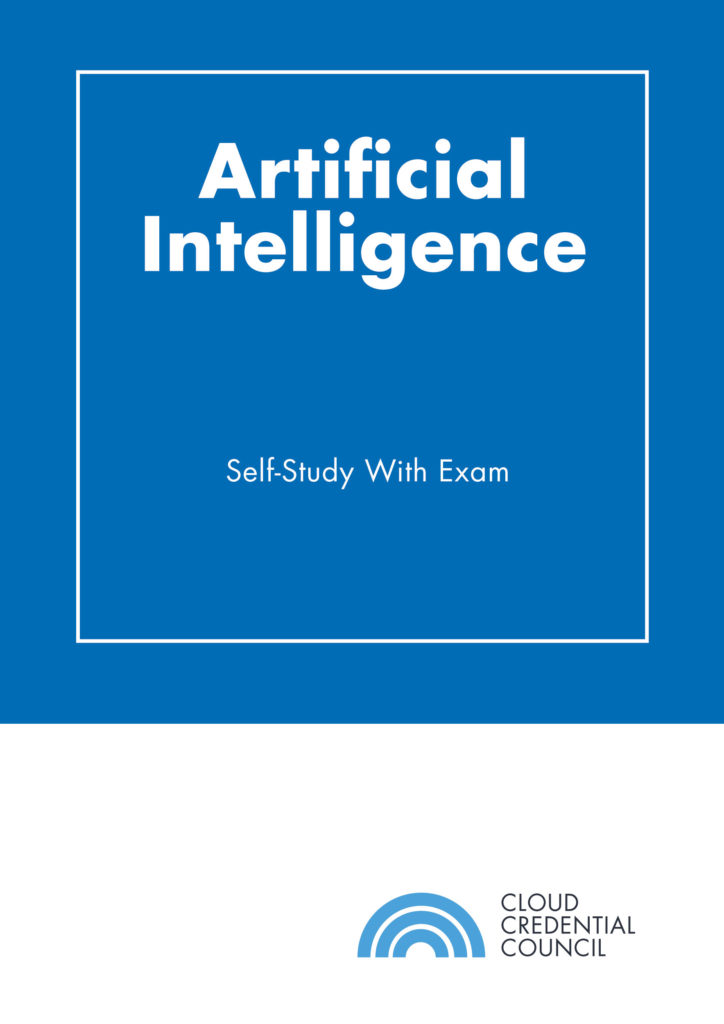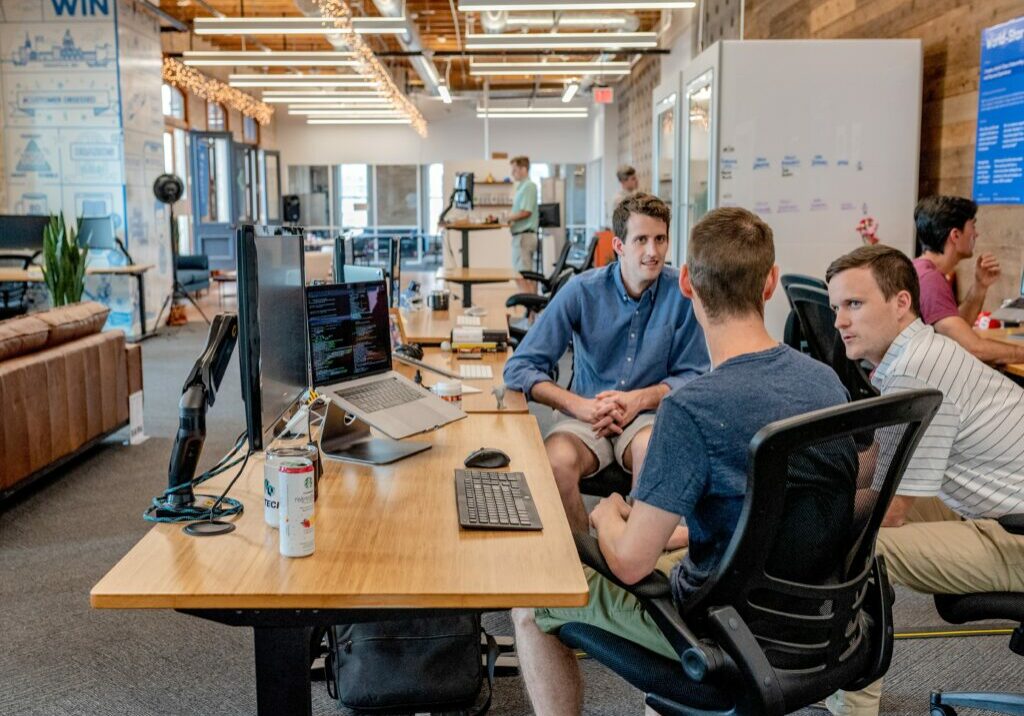Knowledge byte: Myths and Misconceptions about AI

Laura Vasilov

Artificial Intelligence is getting a substantial amount of attention as its applications and capabilities grow. However, there exists a lot of prejudice and misconceptions about the potential of AI. These misconceptions can be fueled by the fear which is generated by lack of information or misinformation on the subject. Below we will discuss some of the most common myths and misconceptions around AI:
- AI could spell the “End of Human Race”: “Could machines that think someday pose an existential threat to humanity? Some big names in science and tech seem to think so–Stephen Hawking, for one–and they’ve issued grave warnings about the looming threat of artificial intelligence”. Others who also share a similar view include Elon Musk, Bill Gates, and Sam Altman. Gary Kasparov (considered to be the best chess player the world has seen) says “Don’t fear intelligent machines, work with them”. Remember the famous match between him and Deep Blue in 1996, where he lost after nearly 10 years of being the world chess champion. He quotes from a famous Russian saying — “if you can’t beat them, join them”. There is no reason to fear AI as long as we are mindful of its very real dangers – avoid the potential pitfalls and reap the benefits – and we will still be in control. Embrace AI as an opportunity rather than a threat so long as it lacks the soul, emotions, and creative side that we humans possess.
- AI will replace human workers: Since AI performs high volume repetitive tasks in a very short period of time, the public, in general, seems to have unrealistic fears about how Artificial Intelligence will change the workplace by eliminating jobs performed by humans. On the contrary, Garter estimated that in 2020 AI created 2.3 million jobs, whilst eliminating 1.8 million, making 2020 a pivotal year in AI-related employment dynamics.
- AI can solve any problem: The advancements in AI today have led many to believe that AI is something superhuman or magical – it can solve any problem. However, AI can only achieve logically as much as humans train it to. Machines do not have the capability to think beyond what they are taught to do. They cannot adapt to changing circumstances because they lack the reasoning, emotional intelligence, and creativity that humans possess.
- AI and Machine Learning are the same: It is a common misconception that AI and Machine Learning are the same. Artificial Intelligence solves a task usually requiring human intelligence. On the other hand, Machine Learning solves a specific AI task by learning from data and using algorithms. Hence, Machine Learning is a subset of Artificial Intelligence.
- AI mirrors the human brain: AI’s capability is to perform repetitive tasks exceedingly well and some forms of AI might even give the impression of being human-like intelligent but it would be unrealistic to think that AI is similar or equivalent to human intelligence. AI cannot think of its own, make its own decisions as conditions change, or reason out when matters become complicated.
- AI yields immediate results: The AI process is slow and time-consuming since it needs to be trained and re-trained across different data samples and algorithms. AI learns to become smarter over time by being exposed to more and more varying data and fine-tuning algorithms. As such, one cannot expect accurate results from AI immediately.
- AI is free from bias: AI can only provide results based on its fed data and algorithms. If the data or algorithms provided are biased just as humans can get biased, then the results will also be biased. AI cannot inherently distinguish biased from unbiased entities.
In conclusion, there are a lot of myths and misconceptions surrounding Artificial Intelligence. The only way to get rid of them is to be empowered by knowledge and experience. Our Artificial Intelligence Foundation™ course will help gain the necessary knowledge and expertise.
Courses to help you get
results with Artificial Intelligence
Artificial Intelligence Foundation™
The CCC’s Artificial Intelligence (AI) Foundation™ course provides an overview and insight into the critical emerging technology of Artificial Intelligence to organizations and individuals around the world. This vendor-neutral, cross-industry foundation course: Builds upon the AI definition, its evolution, concepts, and applications. Provides an introduction to machine learning concepts. Explains the main business drivers and…
Never miss an interesting article
Get our latest news, tutorials, guides, tips & deals delivered to your inbox.
Keep learning




